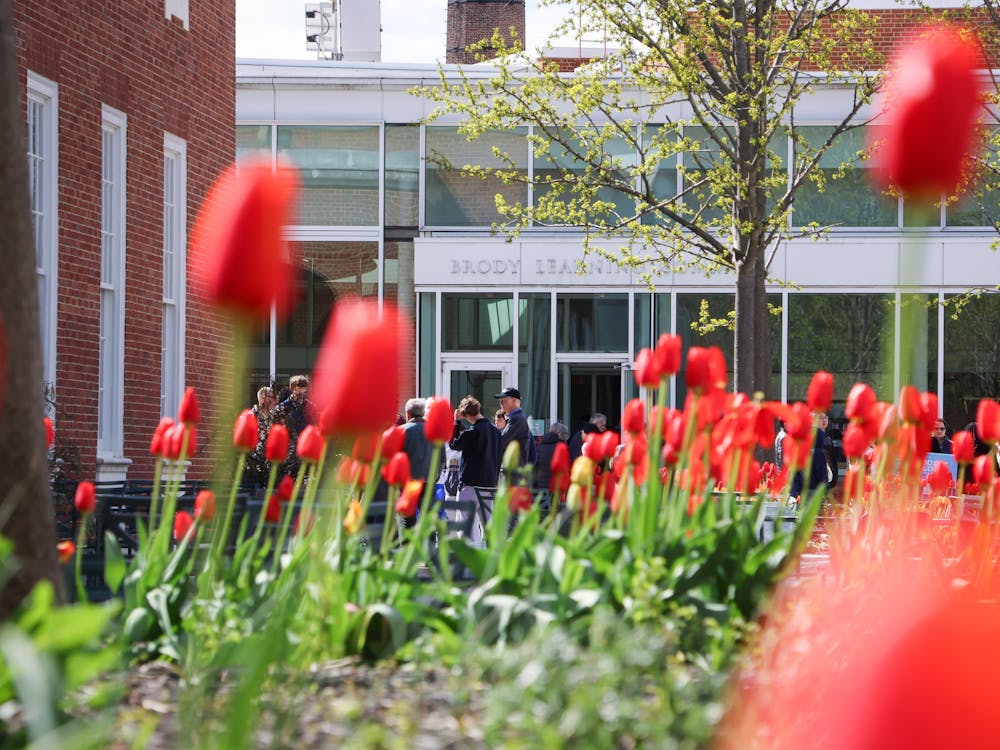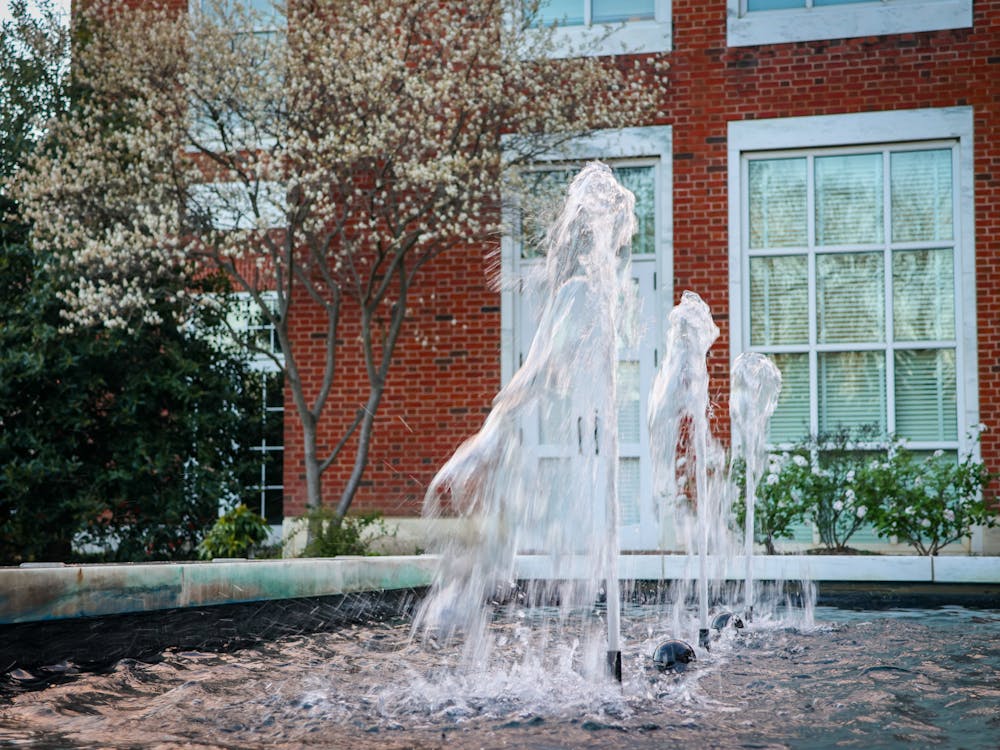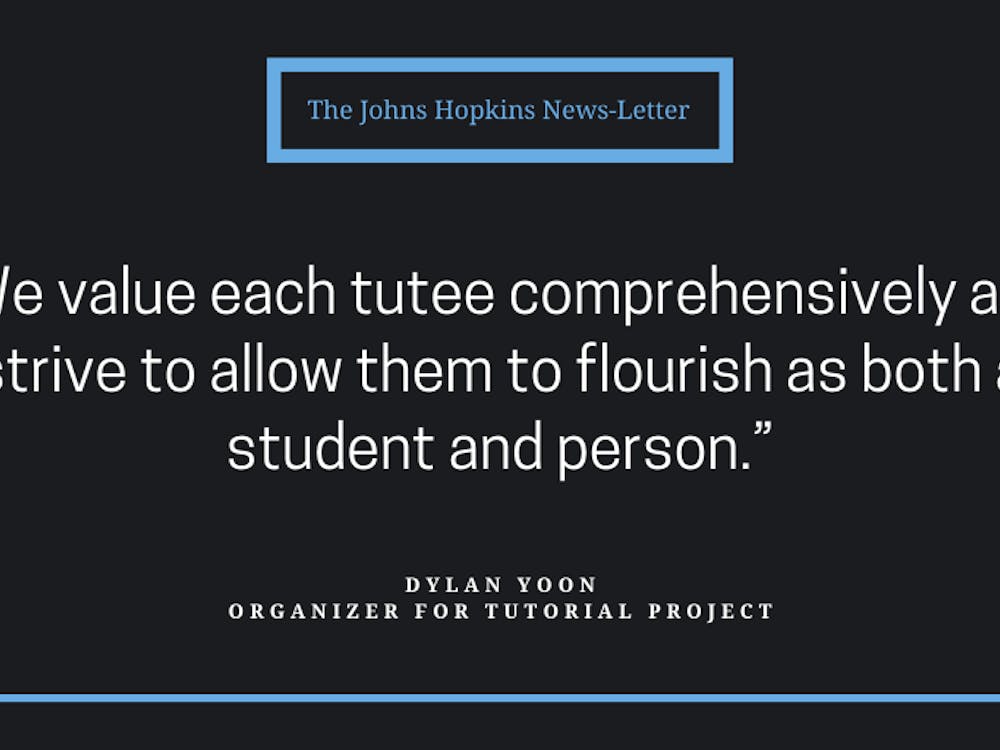In honor of U.S. diplomat and political scientist Henry Kissinger, The Johns Hopkins School of Advanced International Studies (SAIS) has launched the new Henry A. Kissinger Center for Global Affairs. The University has received a combined donation of more than $50 million, with funding efforts spearheaded by former New York City mayor and University alum Michael Bloomberg, Kissinger’s long-time friend.
Kissinger served as national security advisor and secretary of state under the Nixon and Ford administrations, and was a key figure in orchestrating major U.S. foreign policies involving the Soviet Union détente and Paris Peace Accords which helped to end the Vietnam War. The Kissinger Center for Global Affairs will work to apply strategic and historical analysis in order to solve contemporary international issues.
However, his negotiations and policy decisions have caused significant controversy, especially concerning his support for the Pakistani military’s suppression of the Bangladeshi independence movement in 1971. When Kissinger received the 1973 Nobel Peace Prize, two members walked out of the committee in protest.
SAIS alum Ben Kupferberg believes that while Kissinger is indeed a controversial political figure, the new center will boost the reputation and resources available to students at SAIS.
“I think one of the strongest aspects of SAIS is the diversity of cultures, and with that the diversity of ideas. Regardless of your views on Henry Kissinger and his policies, this will only serve to reinforce intellectual discourse at a time of unprecedented geopolitical disorder,” Kupferberg wrote in an email to The News-Letter. “The name alone will bring talented professionals and students to the school. This is the biggest donation in the history of SAIS, and I think the dividends are already showing with the hiring of about 12 new highly specialized professors.”
Some of the new professors for the institute include Niall Ferguson, the Diller-von Furstenberg Family Foundation Distinguished Scholar focusing on economics, finance and international affairs; Christopher Hill, the Wilson E. Schmidt Distinguished Professor specializing in European foreign policy; and Margaret MacMillan, the Xerox Foundation Distinguished Scholar whose research includes peacemaking in World War I, women in India and U.S.-China diplomatic relations.
Sophomore Caroline Lupetini acknowledged that public opinion about Kissinger is mixed.
“Henry Kissinger is a controversial figure in US Foreign Policy, naturally. People have certainly called him a war criminal, and certainly his actions in influencing Chile and the circumstances surrounding Pinochet’s coup to power are deeply troubling for any student of international relations,” she wrote in an email to The News-Letter.
However, Lupetini and other students commented that they are not surprised that center will be named in Kissinger’s honor, considering his contributions to U.S. foreign policy. She is proud that the new center will be established in his name.
“The fact of the matter is that Kissinger is the leading figure of US Foreign Policy in the 20th century, period, full stop. His work with détente in the Soviet Union, opening US relations with China, and negotiating the Paris Peace Accords to end the Vietnam War are probably three of the most significant foreign policy events events of our nation’s history,” Lupetini wrote. “He’s an obvious choice for whom to name the center after, and honestly I’m pretty proud to be associated with a center with Kissinger’s name on it.”
Danny Jeon, a five-year BA/MA student at SAIS, spoke about how the decision to honor Kissinger in the title of the new Center for Global Affairs is actually aligned with the institution’s history.
“I am not really surprised that the new global center was named after Henry Kissinger. Even the official name of SAIS is Paul H. Nitze School of Advanced International Studies. What is common with Paul H. Nitze and Kissinger is that they practiced realism when conducting foreign policy,” Jeon wrote in an email to The News-letter. “Both figures were significant in shaping the course of Cold War marked with stark realism of foreign policy. As SAIS really emphasizes the aspect of realism in its courses, I am not surprised that the center is named after Henry Kissinger himself.”
As for the future of the Kissinger Center for Global Affairs, Jeon hopes it will provide new ways for SAIS students to expand their understanding of international studies.
“While SAIS really emphasizes on the aspect of policy and practices, it really lacks the theoretical IR part,” Jeon wrote. “In terms of impact, the center is supposedly trying to bring more long term strategic planning and theoretical IR to the institution. I hope it really does.”






















Please note All comments are eligible for publication in The News-Letter.